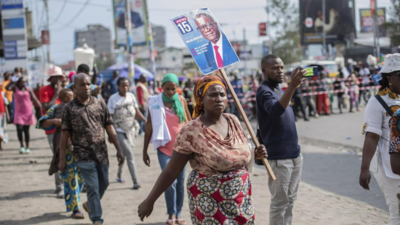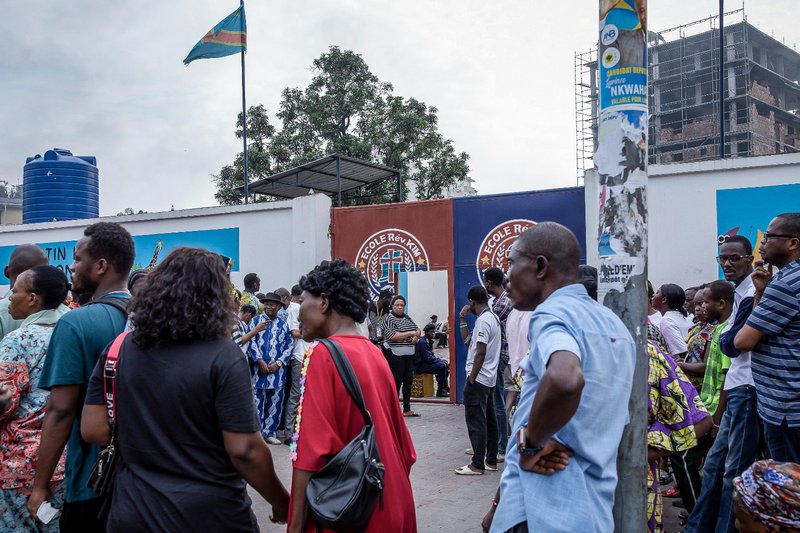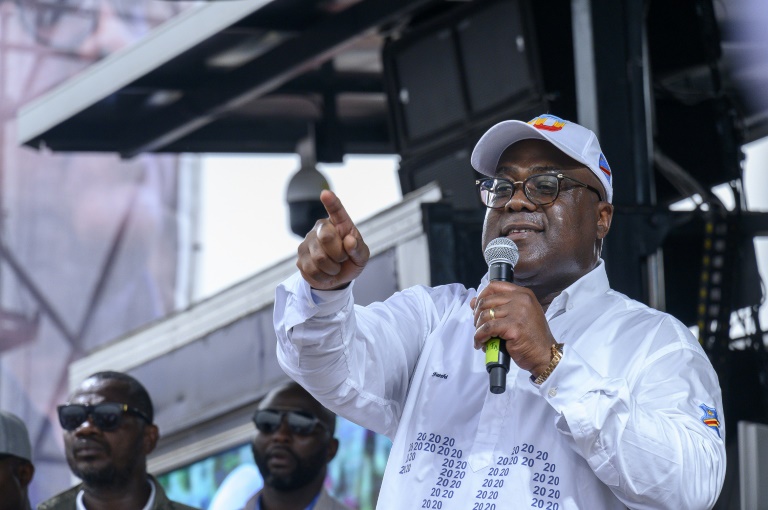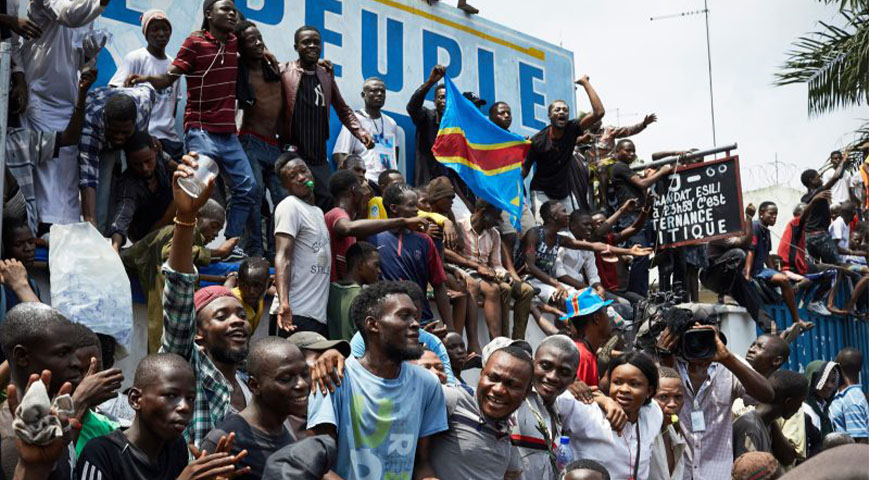Polling stations opened in a high-stakes general election in the Democratic Republic of the Congo, putting incumbent President Felix Tshisekedi against a divided opposition.
The polls began at 6 a.m. (0400 GMT) and will conclude at 5 p.m. local time.

The first voter was seen casting his ballot at a polling location in the eastern city of Kisangani, which is an hour ahead of the remainder of the vast country that spans two time zones.
Did you read this?
Voters still in queue at 5 p.m. will be issued tokens, and voting stations will remain open until they vote, according to an electoral commission official.
The government proclaimed Wednesday a bank holiday and, as in previous elections, closed borders and banned domestic flights.

In a country of 100 million people, around 44 million Congolese are registered to vote for president, parliamentarians in national and provincial assemblies, and municipal councilors.
Congolese people in South Africa, Belgium, the United States, and France will vote for the first time.
More than 100,000 candidates are standing for various positions, and while counting will begin as soon as voting stations close, results will not be available for many days.
Several observation missions will be monitoring the voting process, the largest of which will be led by a coalition of Catholic and Protestant churches and will involve 25,000 election observers.
The leaders of this powerful mission promised on Tuesday that they would conduct a "parallel count" for the presidential election.

Tensions have risen again after the M23 militia, which is said to be supported by Rwanda, began taking large swaths of territory in late 2021.
Although clashes with M23 fighters have lessened in recent weeks, the rebels continue to control huge areas of North Kivu province. Citizens in those places will be unable to vote.
Martin Fayulu, a 67-year-old former oil executive claiming to be the winner of the 2018 election that brought Tshisekedi to power, is another presidential candidate.
Denis Mukwege, a surgical gynecologist who won the Nobel Peace Prize in 2018 for his work with rape victims, is also running.









